Blog Layout
Data Security - How to Reduce Your Online Digital Footprint
Frankie Lee • July 8, 2020
How to Reduce Your Online Digital Footprint
Handling your online digital footprint is a concern that you have to be wary about since the Internet can be likened to a history of your public records. Regardless of whether it’s been five years or ten years since you’ve made an embarrassing comment, people may use these pieces of data against you today or in the future. Keep in mind that posting questionable opinions or using copyrighted media can lead you to face costly legal consequences.
The importance of limiting your digital footprint
Besides the legal ramifications of managing the content you’ve either browsed or produced, your online digital footprints can also be a reason for your future employers and colleagues to question your credibility. The best way to avoid any doubts about your character is by making sure that you’ve put away the parts of you that you don’t want the public to know or remember.
In this article, we will share three different ways of cleaning your online digital footprints:
1. Limit the information that you share to websites
Your online browser can be tweaked to regulate its security and privacy settings while you’re browsing the net. Limiting your browsing visibility allows you to stay anonymous and disallow websites from gaining access to your browsing history for data collection. Firefox has Private Window, Chrome has Incognito Mode, while Safari has Private Browsing.
At the same time, make sure that your social accounts have the right limitations in what you’re willing to share with the public. You can change these through your privacy settings. You can also use anti-tracking tools in the form of apps or plug-ins to your browser to help mask your Internet browsing behaviour.
2. Delete unused and unnecessary accounts
The Internet’s networks have gone through various changes over the years. Different social platforms ranging from forums and Internet message boards have developed into modern sites, such as MySpace, Multiply, Twitter, Reddit, and Facebook. Every person has their reasons for making these accounts, whether for business or for personal use. As the different platforms’ popularity came and went, we also tend to forget that we had these in the first place.
Trace your old social media profiles to see if you have any accounts that are still active. If you’ve forgotten your password or if you have an account set up, some websites and platforms can offer to delete your account once you reach out to them about your privacy concerns.
3. Make secondary accounts
In relation to deleting accounts that shouldn’t be associated with your identity, you should also consider making a separate business and personal account for your socials and email addresses. Doing this allows you to clean your email of unwanted newsletters that are meant for professional purposes or for your hobbies and interests. Having a secondary account is also helpful as a back-up in case you forget your password for your other accounts or if your primary socials are deleted or blocked temporarily.
Conclusion
Everyone makes mistakes in their lives. Unfortunately, the Internet doesn’t discriminate in remembering what you’ve written, said, or posted. Whether you posted something in the past that you’re embarrassed about or uploaded content you shouldn’t have, you should now stay vigilant in making sure that you won’t make these mistakes in the future.
If you’re looking for a company that removes your information from the Internet, we at Content Removal can give you a sweep of your unwanted digital footprints. We offer content removal services to make sure that your identity is clean from threats against your reputation, privacy, and trademarked content. Get in touch with us today and start having a safer and cleaner digital identity!

By Frankie Lee
•
March 7, 2021
If you own a business in today's modern world, you know that it's no longer a question of whether you have an online presence or not. It's now a matter of what that online presence is. You need to know how people perceive your brand and whether that perception matches the one you want established. It's not wise to just let things fall where they may when your online reputation is involved. Businesses can't just let other people determine what their brand is, they should be the one on top of it controlling the narrative.

By Frankie Lee
•
March 3, 2021
One of the most important assets of any small business is its reputation - stakeholder opinion can be a driving force when it comes to establishing the value of your brand in the marketplace. As consumers continue to enjoy unlimited access to information and unprecedented freedom of expression online, it seems that Reputation Management has taken on a heightened level of importance for small business owners.
Is Negative Online Content Damaging Your Image?
You deserve control over your reputation. We understand a positive online presence is hard to manage. Whether it's a negative review, image or search engine result, we know how damaging a single piece of content can be to your personal and professional life. It can ruin your reputation, as well as cost you time and money!
USEFUL LINKS
© 2025
All Rights Reserved | Content Removal | Terms Of Service | Privacy Policy |
